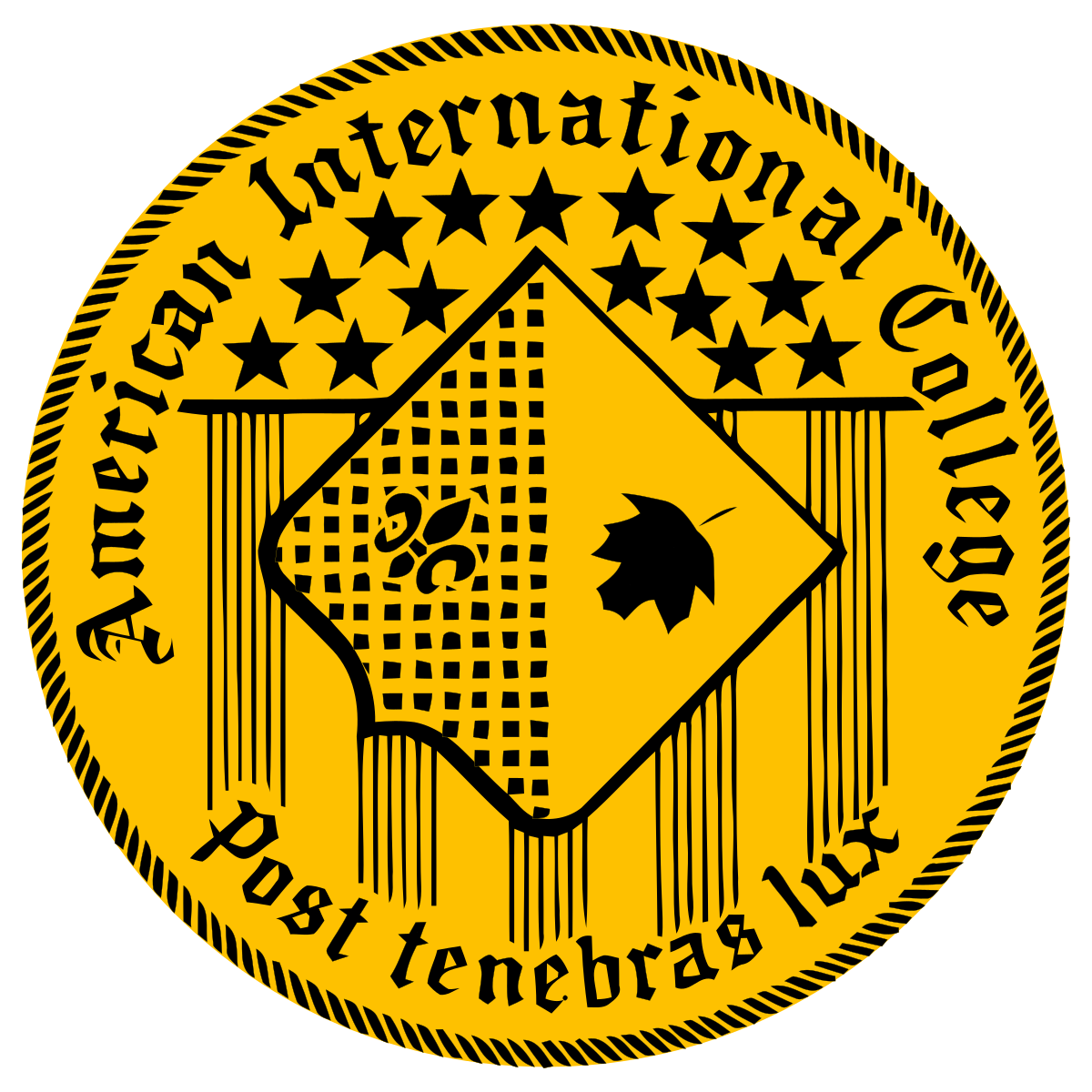Nursing
Studying for a Career in Nursing
One of the fastest-growing employment sectors in the USA, health care is undergoing a necessary boom right now. With people living longer, and better health care plus improved technology, healthcare personnel are in demand.
Are you one of the many high school graduates considering a job in nursing? Or maybe you are already in employment, and want to change direction? We will be talking about how to become a registered nurse, and what your first steps should be.
Is Nursing for You?
Many registered nurses will tell you that nursing is not just a job, it is a calling. To enjoy and succeed in such a role requires dedication and a passion for helping others. No two days will be the same, and there are likely to be surprises thrown at you.
Nursing requires excellent communication skills, a lot of empathy, and discretion. A good nurse will be a ‘people person,’ someone who understands others and reads a person well. Is this you? If so, you are looking at a rewarding if often taxing career. So, where do you begin?
Becoming a Registered Nurse
There are firm steps you need to follow if you decide that nursing is your vocation. Here’s what you need to know:
- You have three study options when training to be a registered nurse. The first is a nursing diploma, which is a hands-on program that will take place in a hospital and whereby you will learn the basics of anatomy, psychology, and biology. The second is an associate's degree, which is a two-year college-based course that goes deeper into the relevant subjects. Then there is a bachelor’s degree that covers all the elements and is a four-year course.
- Once you have a diploma or degree you need to pass a test set by the National Council of State Boards of Nursing. This is an in-depth examination that covers a variety of topics.
- Having passed the exam the candidate must now apply for the relevant licenses as awarded by the state.
We recommend checking with the appropriate state board before embarking on this course of action to ensure you have the right credentials.
A registered nurse is a vital role in the healthcare sector. Such a professional will be involved in administering care to patients, dealing with families, and operating various tools. They may also aid physicians in performing routines. Nurses take pride in their work and dedication to excellence, and once qualified you will be very much in demand.
Bear in mind that registered nurses are not found only in hospitals. There are opportunities in schools and colleges, in the military, in government organizations, clinics, and care homes, to name just a few.
Conclusion
While becoming a registered nurse is not a choice for everyone, there has never been a better time to qualify for what is a vital healthcare role. You can study online or on-campus – or a mixture of both – and once you have a bachelor's degree you may choose to study for a master's degree and expand your area of expertise.
3 schools found

American International College
1000 State Street Springfield, MA 01109
Years
Private For-Profit
Our history is tied to America’s success
American International College (AIC) was founded on July 18, 1885. It was chartered by the Commonwealth of Massachusetts on September 18, 1885, with the purpose of educating immigrants who were coming to America through New York. That’s where our commitment to diversity, flexibility, and understanding began. They came to America to pursue a dream and AIC was founded to ensure their success.
AIC Today
American International College is a private, coeducational, four-year comprehensive institution located in the geographic center of Springfield, Massachusetts. Liberal arts serves as the core of our academic offerings. The College comprises the School of Business, Arts & Sciences, the School of Education, and the School of Health Sciences.
American International College is accredited by the New England Commission of Higher Education (formerly the Commission on Institutions of Higher Education of the New England Association of Schools and Colleges, Inc.).
Accreditation of an institution of higher education by the Commission indicates that it meets or exceeds criteria for the assessment of institutional quality periodically applied through a peer review process. An accredited college or university is one which has available the necessary resources to achieve its stated purposes through appropriate educational programs, is substantially doing so, and gives reasonable evidence that it will continue to do so in the foreseeable future. Institutional integrity is also addressed through accreditation.
Accreditation by the Commission is not partial but applies to the institution as a whole. As such, it is not a guarantee of every course or program offered, or the competence of individual graduates. Rather, it provides reasonable assurance about the quality of opportunities available to students who attend the institution.

Colorado Technical University
Colorado Springs, Colorado, United States
Years
Private For-Profit
Colorado Technical University’s mission is to provide industry-relevant higher education to a diverse student population through innovative technology and experienced faculty, enabling the pursuit of personal and professional goals.

Southern New Hampshire University
Online
Years
Private Non-Profit
You have goals. Southern New Hampshire University can help you reach them. Whether you need a bachelor's degree to get into a career or want a master's degree to move up in your current career, SNHU has an online program for you.
200+ Degrees
Career-focused programs designed to give you the real-world experience employers are looking for
Low Tuition Rates
As a nonprofit university, we offer some of the most affordable online tuition in the nation
